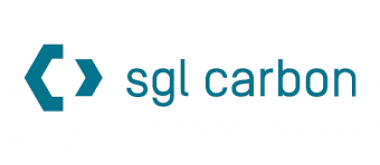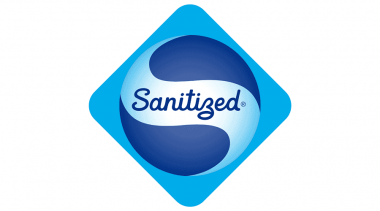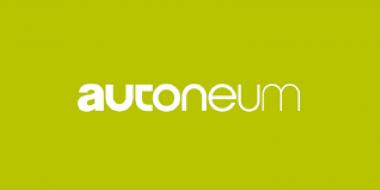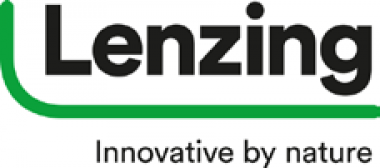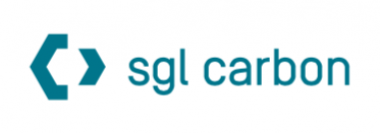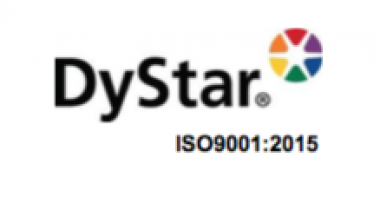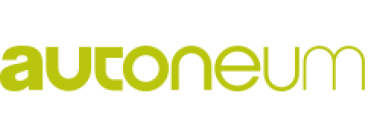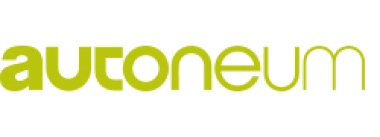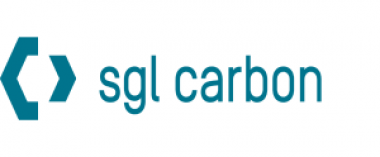SGL Carbon SE: Board of Management resolves restructuring program
An impairment charge has become necessary based on the current status of the new 5 year plan.
(Market Abuse Regulation N° 596/2014)
• Impairment loss amounting to €80-100 million in the fourth quarter 2020 in the business unit CFM
• Restructuring program resolved with savings target of more than €100 million until 2023
• Guidance 2020 for Group sales and operating recurring Group EBIT confirmed
• Guidance 2020 for net result reduced to minus €130-150 million
In the current status of the 5 year plan, which is at present under preparation, significant deviations have already become apparent today, particularly in the market segments Automotive, Aerospace and Wind Energy in the business unit Composites – Fibers & Materials (CFM). Partially also due to the pandemic, Automotive and Aerospace is developing slower than anticipated in the last 5 year plan. In contrast, business with Wind Energy is growing much stronger than previously planned. These changes in the product mix lead to lower mid-term earnings at CFM compared to the prior 5 year plan. Following these deviations from the last 5 year plan, an event-driven impairment test was undertaken. This results in a non-cash impairment charge amounting to €80-100 million, which will be recorded in the fourth quarter 2020.
The Board of Management of SGL Carbon SE today also resolved the implementation of a restructuring program, with which the Company is targeting savings of more than €100 million until 2023 (compared to the base year 2019). These savings consist of a planned socially compatible reduction in personnel of more than 500 employees and substantial reduction in indirect spend, particularly in the areas of travel, consulting and external services. Costs of approximately €40 million are anticipated for the implementation of this restructuring program. A little more than half of this is expected to be recorded as expenses in the fourth quarter 2020, while the associated cash outflows are mainly forecasted for 2021.
This requires a partial adjustment of the guidance for 2020. The solid operational development in the third quarter 2020 with Group sales between €220 and €230 million and operating recurring EBIT1 between €13 and €15 million (plus approximately €9 million positive one-time effects) is within the framework of our expectations for the full year 2020. However, the Group net result is likely to develop below the prior year level of minus €90 million and reach approximately between minus €130 and €150 million due to the restructuring provisions as well as the impairment charge (prior guidance: improvement to a negative low double-digit million € amount).
With liquidity of €167 million as of September 30, 2020 (compared to €137 million at year-end 2019) and further cash inflows in the fourth quarter 2020 from successfully implemented additional funding measures, the Company’s position is solid. This liquidity is more than sufficient for the payment of the purchase price for SGL Composites USA in the amount of USD 62 million at the end of 2020 as well as the restructuring-related cash outflows expected mainly in 2021. The Company continues to have access to the revolving credit facility (RCF) in the amount of €175 million, which remains undrawn.
The quarterly statement as of September 30, 2020 will be published on November 12, 2020 as scheduled. Further details on the new 5 year plan as well as the guidance on the fiscal year 2021 will be presented with the publication of the Annual Report 2020 on March 25, 2021.
*The use of KPIs in this notification is aligned to the annual report 2019 and the interim report for the first half year 2020. There were no changes to the scope of consolidation or to valuation methods compared to the previous guidance.
SGL CARBON SE


